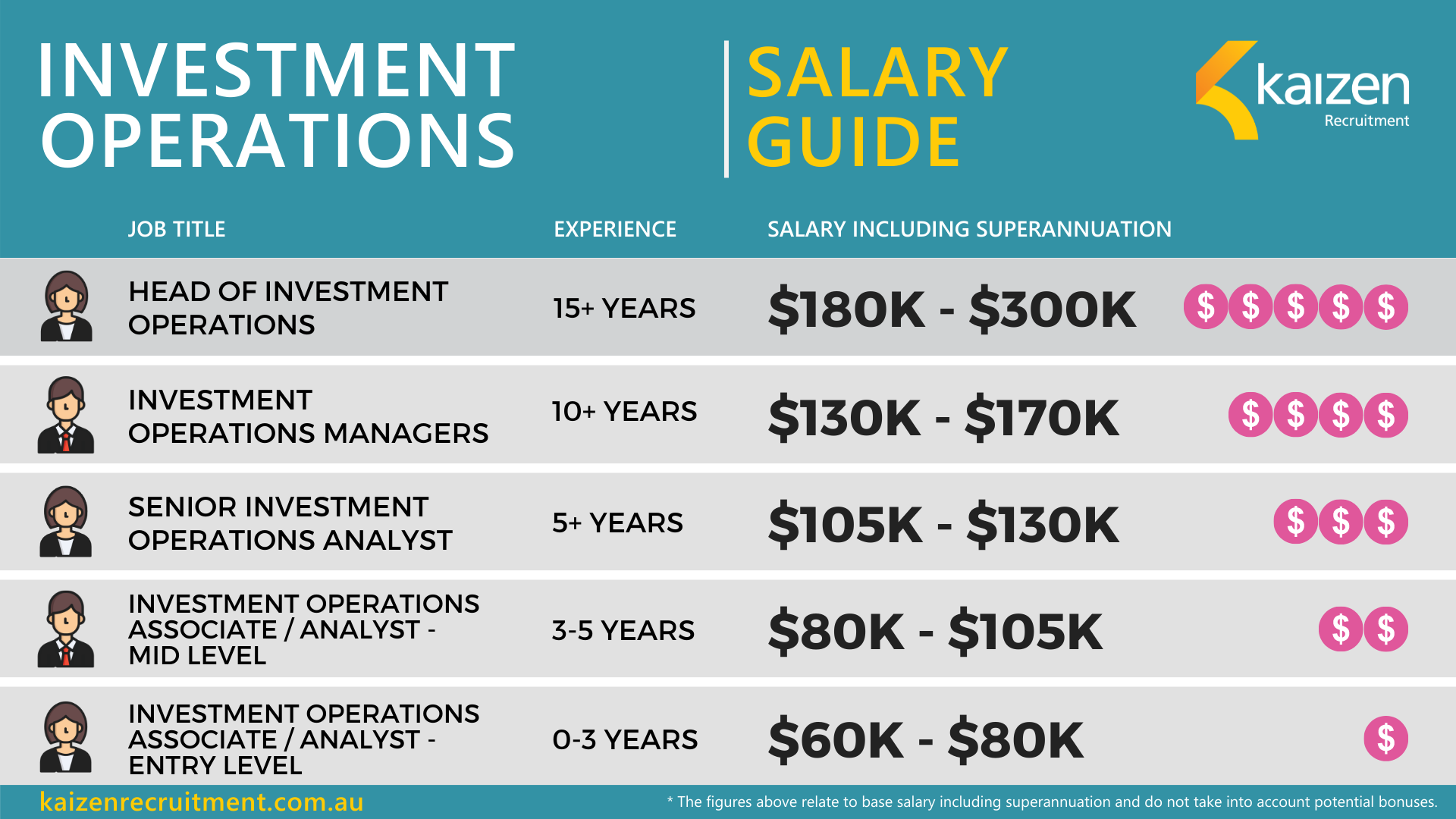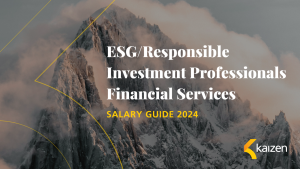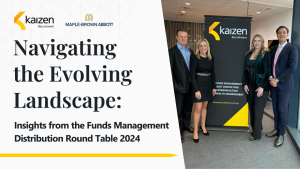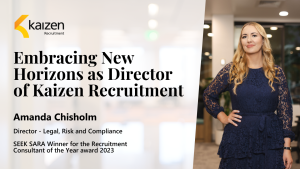Investment Operations Salary Guide 2022
We are very grateful to be serving an industry that has stayed strong through the pandemic. The employment market has stayed buoyant and resilient thus far as Kaizen Recruitment expressed in its recent market update, which is a consistent theme across investment operations as well.
As with other areas of the market, demand for investment operations professionals is outstripping supply of high calibre candidates. Increasingly most candidates are joining the previous league of the crème de la crème to be in multiple processes if actively considering opportunities, landing a number of offers at the same time. This yields candidates with leverage and salaries are beginning to increase.
For some recent hires in operations there has been a 5-10% noted increase in salary offered beyond budget for the right candidate. One senior role saw a 230% increase in budget beyond the initial amount set for the role. While an increase in budget of 230% is an anomaly, owing to the role being originally valued under the market, the theme of increased price points for good talent is consistent.
Salary Guide
* For senior positions, salary can vary depending on the size of the team and complexity of operations (asset class coverage across products such as derivatives, systems, etc.). Differences also exist between custodians vs fund managers vs superannuation funds. Bonus structures can also vary from 0-30% depending on seniority, growth phase and performance.
Factors influencing recruitment in investment operations
Evolving Nature of Roles
As we have been commenting on the evolution of requirements within operations over the last 18-24 months, candidates are expected to have multi-faceted skills cross-cutting investment operations, investment accounting, client services, data management and analytics, which contributes to the talent pool being niche, driving down supply.
Fund accounting and middle office operations are two separate skill sets yet hiring managers want a combination of both. In many cases these are unrealistic expectations in the Australian market, especially at the 3-5 years of experience range. Candidates will either have unit pricing, tax, financial reporting experience or they will have middle office trade matching skills, rarely both.
Demand vs Supply: Shortage of Candidates
There has been a growing gap within operations of sound technical onshore talent owing to outsourced and offshored models, with the lack of foundation junior level roles available onshore to train candidates across a range of functions, the acute shortage is now being felt more at senior operations analyst level positions.
Many years ago, it was common to find candidates with end-to-end investment operations knowledge and experience, as their career path followed the supply chain from back to front office.
People would start in the back office doing settlements, reconciliations, and work their way through to fund accounting or middle office, then client facing into a front office role. Now most global companies have their core back-office operations offshore, and the roles onshore are an oversight or specialist function.
While the global model yields cost benefits, we now have a skill shortage in the Australian Market at the junior level, and it will only get worse with time. Most graduate programmes are tailored to the front office, and there is an increasing need to see this in operations as well.
Moreover, the dearth of new overseas talent entering owing to closed international (and increasingly domestic) borders and the departure of talent too has contributed to the shortage.
Permanent Vs. Contract Recruitment
The Australian contract market for investment operations has been challenging with suitable talent in rare supply. Pre-pandemic one could recruit a contractor in a matter of days, at most a week. Contract roles are now taking longer to recruit for than permanent positions. People value job security more than ever now and the contract market isn’t as attractive as it once was.
With the borders being closed, we have realised how reliant Australia is on international talent to fill contract roles onshore. The draw of gaining added exposure from a contract role is no longer sufficient to attract domestic candidates and hence the short supply.
Hiring managers in some contract recruitment processes have reached the point where they will hire on attitude, and teach the skillset to the candidate as they are struggling to find people that meet all the criteria.
Hiring Manager Biases in Recruitment
These macro trends coupled with hiring biases of managers to find candidates from certain educational cohorts, big-4 backgrounds, etc. akin to their experiences makes the search for talent harder. While some firms are increasingly adopting practices to eliminate bias, not just based on gender but other facets too, there is more that can be done to consider a more diverse pool of candidates who possess suitable transferable skills.
Ironically, the endeavour to have a diverse workforce at times makes the talent pool shallow increasing the challenges of the search, however Kaizen always endeavours to present diverse and gender balanced shortlists.
Global Recruitment Teams
Some recruitment processes that are supported by global recruitment teams are fraught with their unique challenges. These stem from the lack of understanding of, and at times apathy towards the reality of Australian market conditions, salaries and perception of a firm’s employment brand. As business partners, Kaizen, consistently seeks to educate and consult, however at times if the message is digested late, it can cost the business precious time, and put strain on existing resources.
Lengthy Recruitment Processes
Candidates are more available than ever before for an interview. With no travel involved, or the need to excuse themselves from work, they can interview from the comfort of their home. With it being a candidate short and competitive market, candidates are in multiple processes at one time and landing multiple offers. In some cases, it is becoming a price war to get candidates over the line, or if the employer can offer flexibility or a clear career development path.
Hiring managers who are stalling, unable to decide or have lengthy interview processes (typically more than two rounds) are losing talent and having to start their interview process all over again, in some cases recruitment processes have gone on for more than six months.
For all investment operations roles within funds management and superannuation, please contact Nupur Gill at nupur@kaizenrecruitment.com.au or Jack Brown at at jack@kaizenrecruitment.com.au.
Kaizen Recruitment specialises financial services recruitment across funds management, wealth management, superannuation, investment consulting and insurance. We are based in Melbourne and Sydney. For assistance or further information please telephone our office at +61 3 9095 7157 or submit an online form.
Like what you see?
Please feel welcome to join
Kaizen Recruitment’s mailing list
